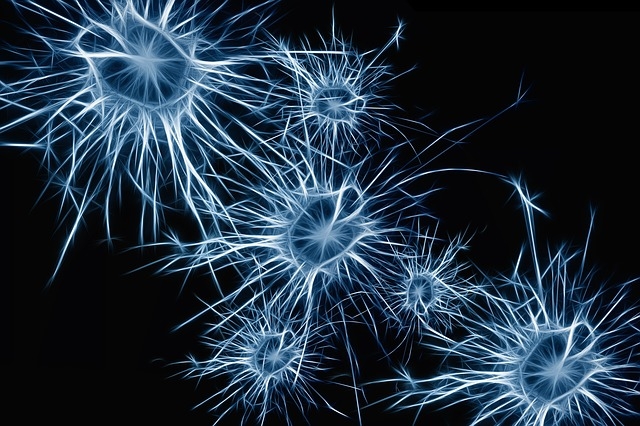Source Multiple Sclerosis News Today: Stem cells tweaked in the laboratory have allowed researchers, reportedly for a first time, to generate and maintain ball-shaped cultures — called spheroids — of human brain cells in 3D that contain oligodendrocytes, the cells that produce myelin, along with neurons and the astrocytes that are essential to nerve cell health.
These long-surviving spheroids (which the researchers call “human oligodendrocyte spheroids”) will help scientists in studying how oligodendrocytes develop and interact with other brain cells, and what happens when they lose the ability to regenerate myelin — the protective coating on nerve cell fibres that promote cell-to-cell communication. Myelin’s loss, called demyelination, marks diseases like multiple sclerosis (MS).
The study “Differentiation and maturation of oligodendrocytes in human three-dimensional neural cultures” was published in the journal Nature Neuroscience. Read on.





